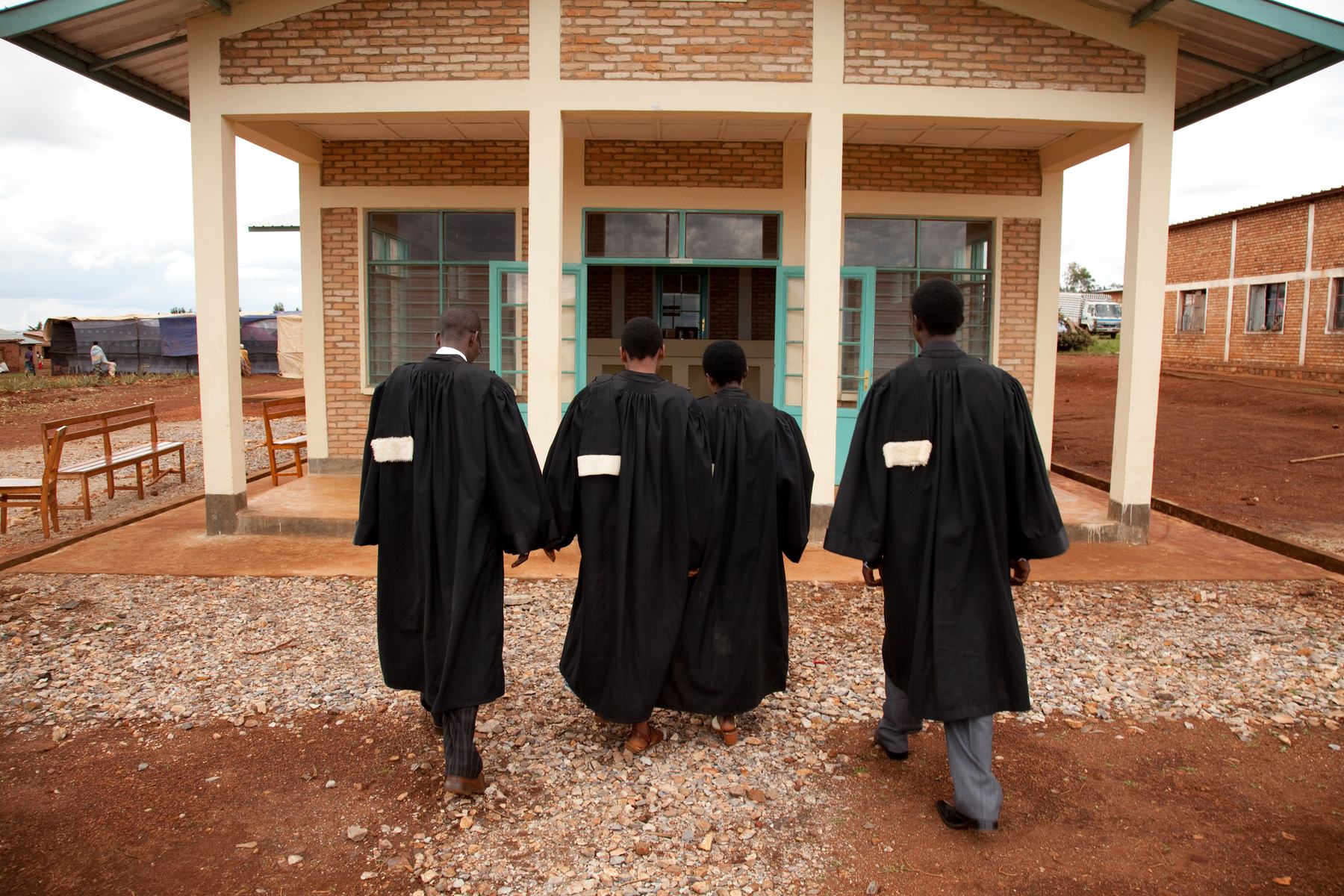What is transitional justice?
Gross human rights violations are unfortunately common in armed conflicts and under repressive regimes, both stemming from and reinforcing a climate of impunity. In the aftermath of the turmoil, addressing those atrocities is an integral part of rebuilding society.
Transitional justice refers to the array of existing tools, judicial or not, to perform this task. While focusing on the past, transitional justice also serves a forward-looking purpose as it sooths wounds, fosters social dialogue, and reinforces the rule of law. Ideally, it also addresses the underlying roots of the conflict, such as inequalities and discrimination, to prevent the resurgence of violence and to build long-lasting peace.

The United Nations identify four pillars of transitional justice:
- Truth: establishing and acknowledging the truth on the violations committed is the first step towards social dialogue and even reconciliation. All parties to the conflict, and most importantly victims and their families, have the right to make their voice heard and their questions answered. Society at large has the right to know the truth about past events and the perpetration of heinous crimes. This is pivotal to address – and possibly punish – past abuses, but it also represents a solid bulwark against the recurrence of similar violations in the future.
- Justice: the identification and prosecution of perpetrators of gross human rights violations and international crimes is crucial, as it serves both a preventive and reparative purpose. Strong accountability mechanisms show that atrocities do not go unpunished, thereby deterring future abuses.
- Reparation: victims of gross human rights violations have the right to receive adequate reparation for the harm suffered. Measures of reparation go well beyond economic compensation, and may also include symbolic gestures, such as public apologies and the building of memorials, and measures aiming at improving the life of victims and their families, like scholarships or access to health services.
- Guarantees of non-recurrence: learning from past mistakes, all efforts must be made to prevent gross human rights violations in the future. This includes mainly institutional reforms reinforcing accountability, transparency and fairness.
Transitional justice mobilizes numerous actors: international, regional and national institutions as well as civil society organizations. On the long run, their work is crucial to re-establish the rule of law and public trust towards the State.
